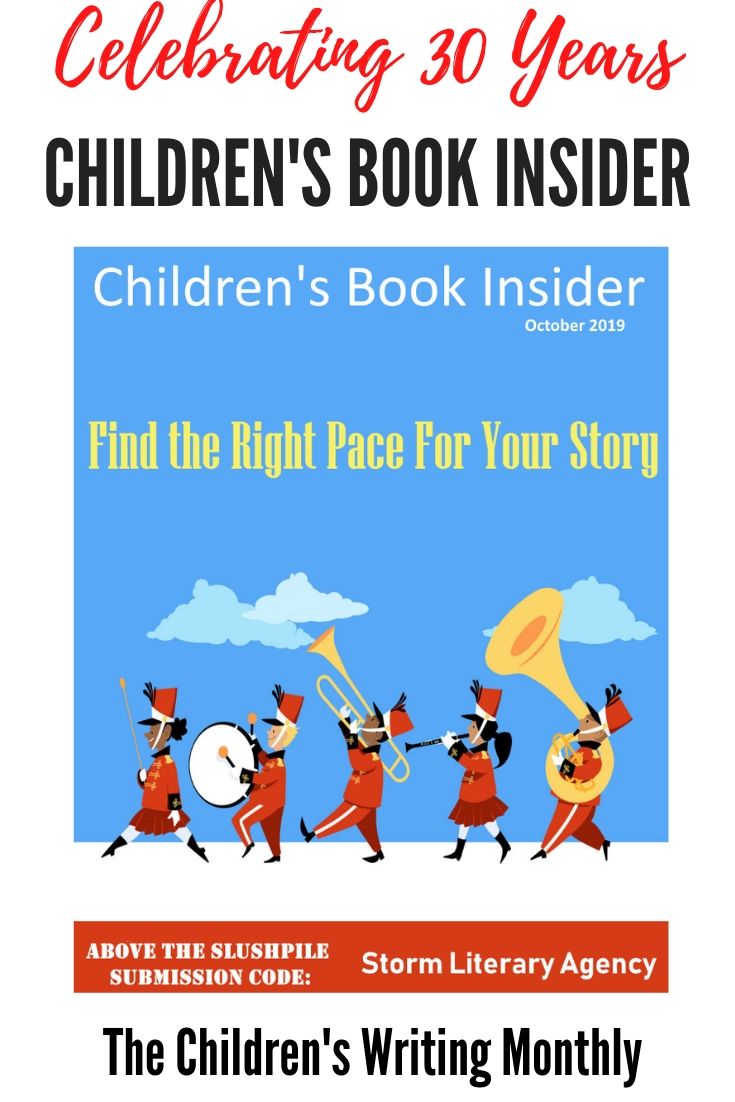
by Suzanne Henshon
“How do I get an agent?” a writer asked. Many people believe that getting an agent will lead to instant success in the writing field, but it’s not that simple. An agent can promote your manuscript, but she can’t guarantee it will ever get published. An agent can put your book in the hands of good editors, but he can’t promise a contract – or even a bite.
We’ve all heard the “fairy tale” stories about agents who are able to send a manuscript out, attract multiple offers, and set up an auction or bidding war. In the best case scenario, this ultimately leads to a six figure contract. But for most of us, it doesn’t work that way. An agent can promote your work, but it isn’t realistic to think she can attain a huge contract. Just because you get an agent, doesn’t mean you are going to become a millionaire overnight. But it’s nice to dream big, isn’t it?
Many writers struggle between wanting to do it on their own – and seeking an agent. Do you need an agent? In a world where many writers attain success through self-publishing, do you still need someone advocating for you? Can you justify hiring an agent to work for you, when you have to pay a 15% commission on every transaction?
Agents still have a place in the field of publishing, and they are still able to make or break a manuscript. While self-published books have hit the mainstream with abundant force, there are things that agents can do for your book, which would be very difficult for you to do yourself.
Agents can help you promote your book to a bigger audience. Anyone can get published, but not everyone can get a publicist, editor, and publishing house behind their book. Agents approach the right editor at the right time, and get your book out there.
Agents can help you negotiate a lucrative contract. It can be difficult talking about money even with your spouse. Now, imagine if you have a friendly relationship with an editor; she’s worked with you before on other books, and you love the way she finds the perfect illustrator for your picture books. But you wouldn’t mind making more money off your books; you just don’t feel comfortable having that discussion. That’s where an agent can come in and work wonders on your behalf. She can negotiate a better contract on your next book, while you maintain a friendly, professional relationship with the editor.
An agent can open doors. There are many publishing houses that aren’t open to reading manuscripts. So an agent can help you escape the slush pile. There’s no guarantee you’ll get a contract, but at least you’ll get a read. You’ll probably receive a detailed response, rather than a form rejection letter or not response at all.
Agents can help you deal with legal issues. In the best of all possible worlds, we would all know the legality of book contracts. We’d be able to decipher the jargon, and negotiate a better contract on our own. But in the real world, it’s totally possible that you could sign an unfair contract without knowing it; you may not be familiar with the “little print” which could doom you to a lifelong relationship with a publisher who can’t get your book into bookstores or even onto Kindle. But with the help of an agent, you wouldn’t make that mistake; your agent can advocate for a better contract.
Lastly, an agent is a psychiatrist, a shoulder to cry on, and a writing coach all in one. Depending upon what you need, an agent can be there to support and encourage you through thick and thin. Before you decide to do it on your own, you may want to reconsider. An agent may just be worth that 15% commission – and a whole lot more!
CBI Insiders – Check Out These Posts More More on Getting and Working with Agents:
Are You Ready for an Agent? Some Dos and Don’ts on Finding the Right Fit
Video: The Insider’s Method of Finding a Literary Agent
Crafting the Perfect Query: Editor & Agent Panel Video
Tags: agent, agents





